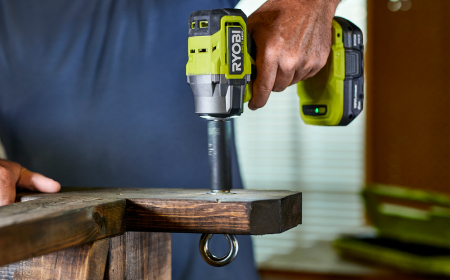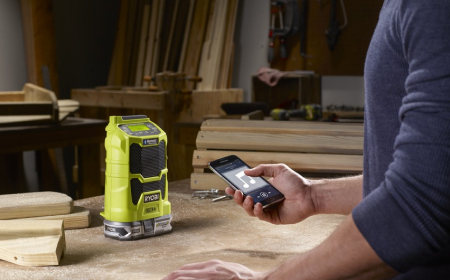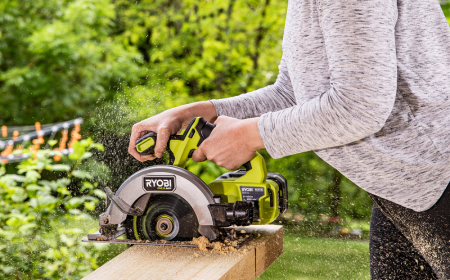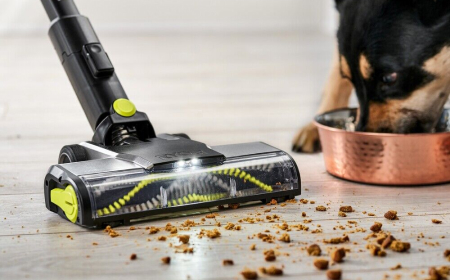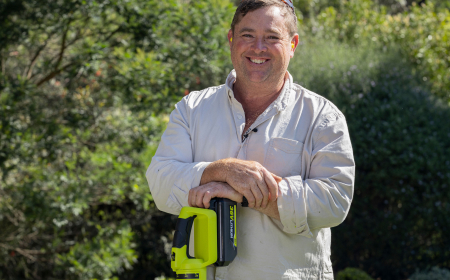The Drill Bit may have dust or liquid on the Bit, which might cause it to slip - this can be prevented by cleaning the end of the Drill Bit that goes into the chuck.
The Chuck jaws might be dirty or obstructed and might need to be cleaned with a small pipe cleaner brush.
Depending on the type of chuck, make sure when tightening that the Bit is seated in the chuck jaws with equal seating / pressure applied by the chuck jaws.
Check Drill Bits for excess wear or damage as this can also affect the holding power of the chuck.
Check the rating of the capacity of the chuck either located in the instruction manual or listed/engraved on the front of the chuck.
Depending on the type of chuck, it is common for smaller Drill Bits (around 1-3mm or less) not to grip. If you intend on using small drill bits, consider using a RYOBI 18V One+ Rotary Tool (R18RT-0) instead as it provides a better option for small holes and other intricate crafts.
Some Drill Bits come with a hex shank or 3-flat shank, which can also help prevent slippage. We recommend the Kango 8mm Impact HSS Drill Bit (KYIDB8).
If the Bits are outside of the chuck’s rated capacity it may be better to use a different tool, such as Drill press or rotary tool for the job.
R18DD12, RDD18C, R18DD3-H25F, R18DD3-0, R18DDP2-H20G, R18DDBL-55S, R18PD2422B, R18CPD14, R18XPD142B, RPD18C, RPD18X, R18XPD14, R18PD3-H40G, R18PD3-H155S, R18PDBL-C55S, R18PD3-0, R18PD7-C15S, R18PD7-0
